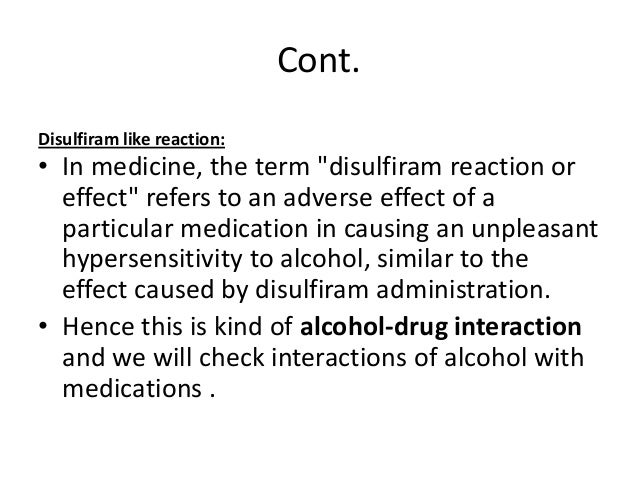
Self-recording and Inconspicuous Observationsĭuring this condition, inconspicuous observations were conducted, and job coaches self-recorded ( Carr, Taylor, & Austin, 1995) break-step completions. Interobserver agreement was assessed during 21% of all observations, including each experimental condition, with no disagreements on the occurrence of break steps completed by job coaches. The job coordinator (observer) recorded whether or not each work-break step was completed by the job coach. Observations were initiated by a job coordinator at the scheduled time for a work break. Completion of Step 2 (choice of snack or leisure activity) by a job coach was recorded if the coach gave something to the worker without a worker making any indication of what was desired. Job-coach completion was defined as the job coach performing all actions involved in completing a step. The primary target behavior was completion of the four work-break steps by the job coach rather than by the supported worker (either independently or with job-coach prompting). Break activities that the workers were capable of performing consisted of four steps: (a) moving work materials on the work table to make room for the snack (or leisure item), (b) expressing a choice of snack or leisure item, (c) removing snack or leisure items from the work table after finishing the break, and (d) rearranging work materials on the table. The target behaviors involved tasks associated with the supported workers' daily breaks, during which they had a light snack or an opportunity to engage in a leisure activity (Wade only). The purpose of this study was to document and then decrease reactivity during observations of staff performance following completion of a staff-training program.īehavior Definitions and Observation System Although some studies have attempted to include controls for reactivity ( Fleming & Sulzer-Azaroff, 1992 Parsons, Rollyson, & Reid, 2004 Shore et al., 1995), the extent to which such procedures actually affect staff reactivity has not been examined experimentally in typical staff training and management research.


A number of authors have acknowledged possible limitations in studies on staff behavior due to the potential reactivity of observations ( Fleming & Sulzer-Azaroff, 1992 Shore, Lerman, Smith, Iwata, & DeLeon, 1995).ĭespite concerns over reactivity, as well as experimental evidence indicating that it can be an obstacle when evaluating staff behavior ( Reid, Parsons, Green, & Schepis, 1991), little attention has been directed to reactivity as a dependent variable. Reactivity, which refers to the influence that an observation procedure exerts on behavior ( Kazdin, 1979), is a problematic and continuing concern in research on staff performance ( Ivancic & Helsel, 1998).


 0 kommentar(er)
0 kommentar(er)
